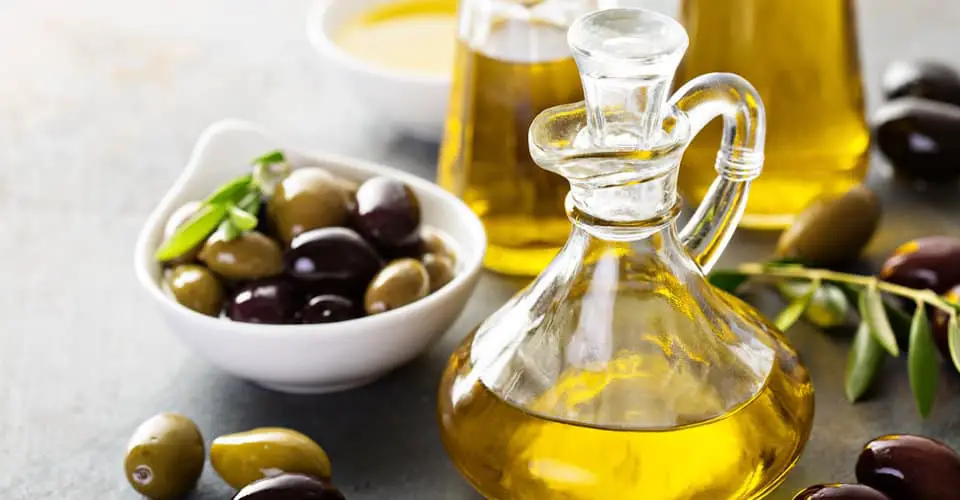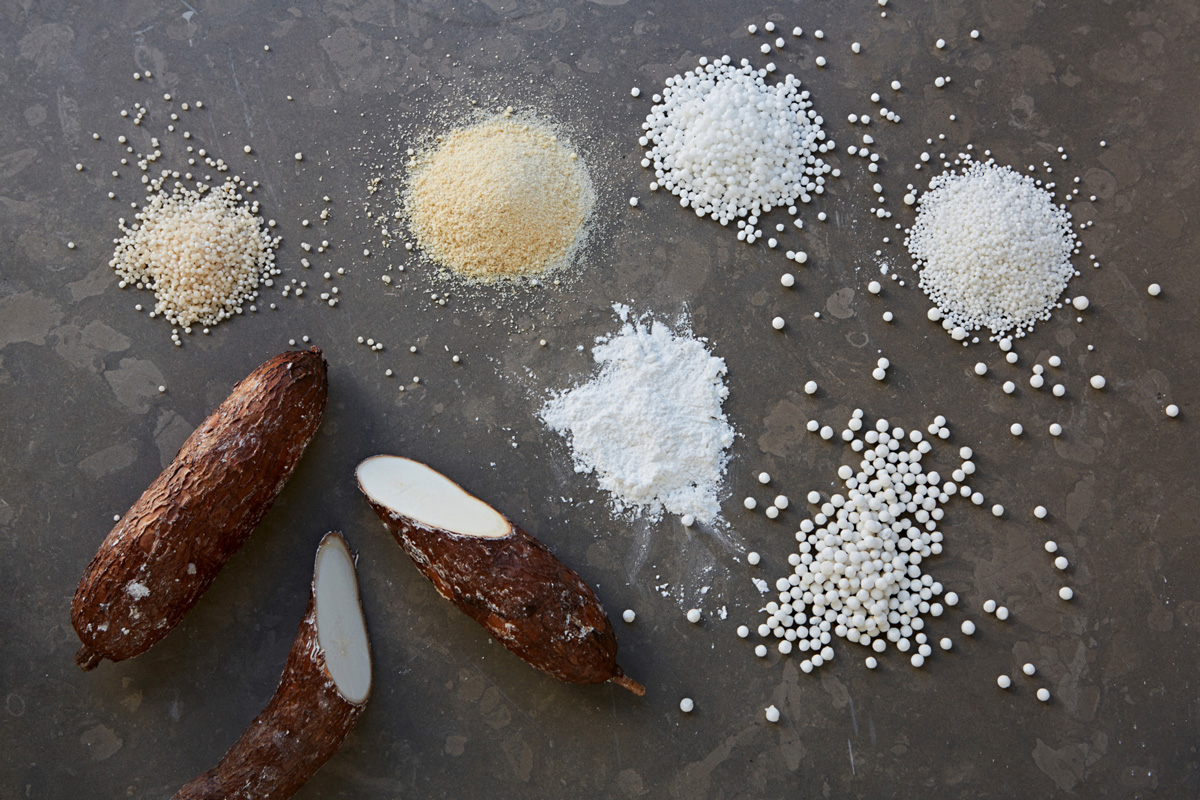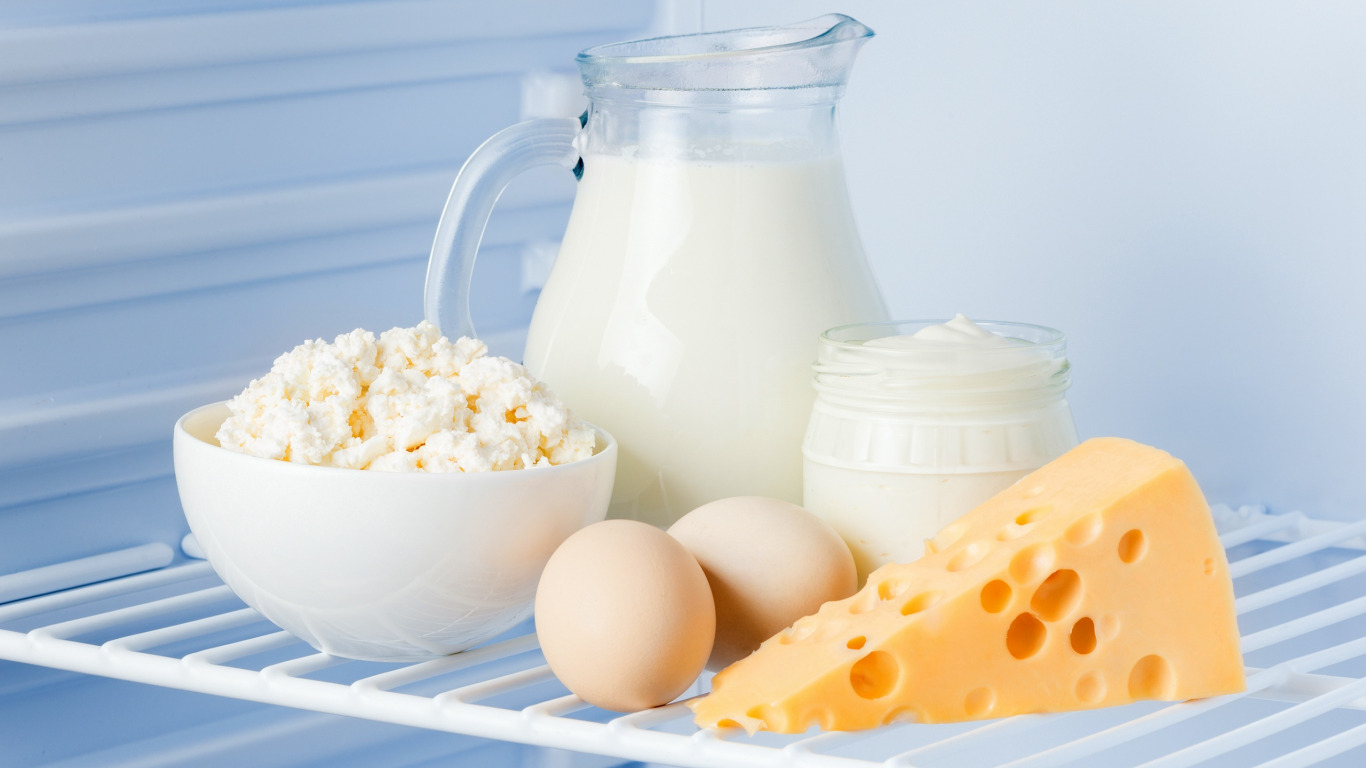
Drinking Olive Oil Good or Bad
Introduction:
Olive oil is a widely celebrated staple of the Mediterranean diet and is known for its numerous health benefits. It is commonly used in cooking, salad dressings, and as a flavor enhancer. While olive oil is typically consumed as a food ingredient, there is some debate surrounding the practice of drinking olive oil directly. In this comprehensive guide, we will explore the potential benefits and drawbacks of drinking olive oil, as well as the recommended ways to incorporate it into your diet.
Nutritional Composition of Olive Oil:
a. Healthy Fats: Olive oil is primarily composed of monounsaturated fats, particularly oleic acid. These fats are considered heart-healthy and have been associated with various health benefits, such as reducing inflammation and improving heart health.
b. Antioxidants: Olive oil is rich in antioxidants, including vitamin E and phenolic compounds. These antioxidants help protect the body against oxidative stress, which is linked to chronic diseases and aging.
c. Vitamin K: Olive oil contains small amounts of vitamin K, which is important for blood clotting and bone health.
Potential Benefits of Drinking Olive Oil:
a. Digestive Health: Some proponents of drinking olive oil claim that it can promote digestion and relieve constipation. The oil’s lubricating properties may help ease bowel movements and improve overall gastrointestinal function.
b. Antioxidant Protection: Consuming olive oil, whether in food or liquid form, provides the body with beneficial antioxidants. These compounds can help reduce inflammation, support cardiovascular health, and protect against oxidative damage.
c. Nutrient Absorption: The presence of fat in olive oil may enhance the absorption of fat-soluble vitamins and other nutrients from the foods consumed alongside it. This is particularly relevant when olive oil is used in salad dressings or drizzled over vegetables.
Potential Drawbacks of Drinking Olive Oil:
a. High Caloric Content: Olive oil is calorie-dense, with approximately 120 calories per tablespoon. Drinking olive oil without considering portion sizes can lead to excessive calorie intake, potentially contributing to weight gain or other health issues.
b. Digestive Discomfort: Drinking large amounts of olive oil at once may cause digestive discomfort, including nausea, bloating, or diarrhea. Some individuals may have difficulty tolerating the greasy texture or experiencing adverse reactions to high-fat intake.
c. Nutrient Imbalance: Relying solely on drinking olive oil for nutritional benefits may lead to an imbalance in the overall nutrient intake. It is important to consume a varied diet that includes a wide range of whole foods to ensure optimal nutrient intake.
Recommended Ways to Incorporate Olive Oil into Your Diet:
a. Cooking: Olive oil is well-suited for cooking at low to medium heat. It can be used for sautéing, roasting, or drizzling over finished dishes to enhance flavors.
b. Salad Dressings: Mixing olive oil with vinegar or lemon juice and herbs makes a delicious and healthy salad dressing. This allows you to enjoy the benefits of olive oil while incorporating other nutritious ingredients.
c. Dipping: Olive oil can be used as a dip for bread or paired with balsamic vinegar as a tasty appetizer. This is a flavorful way to enjoy olive oil in moderation.
d. Drizzling: Drizzle olive oil over cooked vegetables, grilled meats, or pasta dishes to add a touch of richness and flavor.
Conclusion:
Drinking olive oil in moderation can be a part of a healthy diet, but it is important to consider the potential drawbacks and overall calorie intake. While olive oil offers many health benefits, it is best to incorporate it into your diet through cooking, salad dressings, and other culinary uses.
Ksenia owns her own dermatology clinic in London and is a nutritionist consultant. Ksenia is also a regular contributor to popular media outlets. In her spare time, she enjoys horse riding, clay pigeon shooting, rummaging in vintage stores and countryside walks.
[email protected]
- The Benefits of Chlorophyll - April 9, 2024
- Cappuccino vs. Latte vs. Macchiato – What’s the Difference? - April 9, 2024
- The Comprehensive Guide to the Benefits of Iron - October 16, 2023


